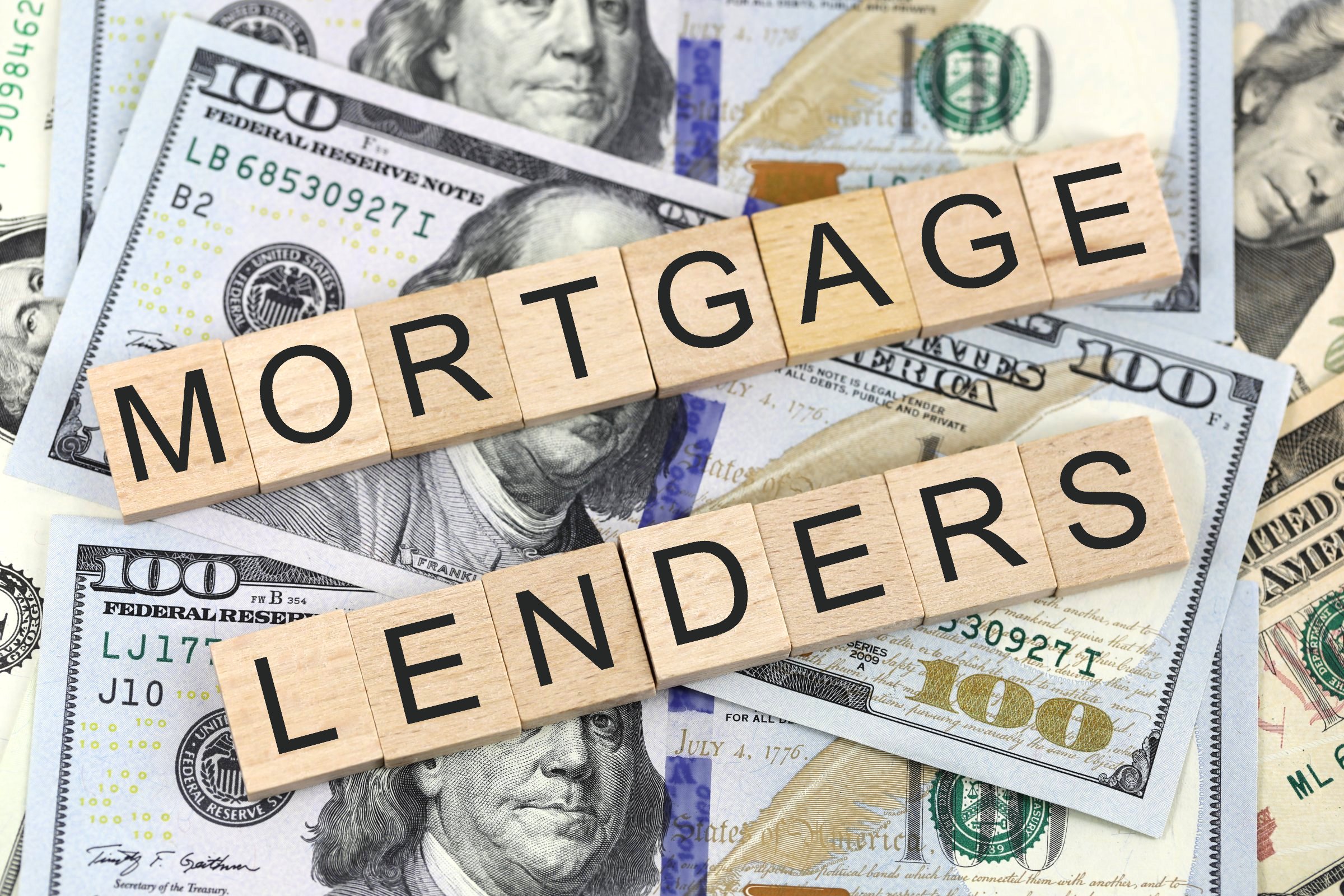Just how It Works: A Comprehensive Overview to Mortgage Lending for First-Time Purchasers
Maneuvering the world of mortgage lending can be intimidating for novice purchasers. Understanding the essential parts like principal, interest, and deposits is important. In addition, identifying the different sorts of mortgage and the application procedure can greatly affect one's experience. By discovering key elements that affect passion prices, customers may discover useful understandings. What else should they consider before making such a substantial financial dedication?
Recognizing Mortgage Essentials
When new buyers enter the domain of homeownership, comprehending mortgage fundamentals becomes important for making informed choices. A mortgage is essentially a finance safeguarded by the residential or commercial property being bought, enabling people to get a home without paying the full cost upfront. Purchasers need to be conscious of crucial elements, including principal, rate of interest, tax obligations, and insurance, often summarized as PITI. The principal is the quantity obtained, while rate of interest is the expense of borrowing that amount, revealed as a percentage. Taxes and insurance policy are added expenses that can markedly influence regular monthly payments. Buyers need to additionally take into consideration the financing term, normally 15 or 30 years, which impacts settlement amounts and general interest paid. Understanding credit rating is vital, as they affect finance eligibility and rate of interest. Realizing these essential concepts encourages novice buyers to browse the mortgage landscape confidently and make selections that align with their monetary objectives.
Types of Mortgage Loan
When taking into consideration mortgage choices, new purchasers usually come across two main types: fixed-rate and adjustable-rate home mortgages. Fixed-rate mortgages supply stability with constant payments over the loan's term, while variable-rate mortgages can offer reduced first rates that might rise and fall with time. Understanding these distinctions is important for making an educated decision.
Fixed-Rate Home mortgages
Fixed-rate home loans give stability and predictability for newbie homebuyers navigating the intricacies of home financing. With a fixed-rate mortgage, the rate of interest stays constant throughout the financing term, usually varying from 15 to 30 years. This constant price allows purchasers to plan their budget plans successfully, recognizing that their monthly settlements will certainly not fluctuate. Novice purchasers gain from this framework as it gets rid of uncertainty in long-term economic commitments. Additionally, fixed-rate home loans often come with lower initial rates contrasted to adjustable-rate options, making them an appealing option for those seeking to develop home equity with time. Overall, fixed-rate mortgages supply a simple path to homeownership, ideal for individuals seeking long-term financial safety.
Adjustable-Rate Mortgages
For newbie buyers looking for adaptability, adjustable-rate home mortgages (ARMs) can give an attractive choice to fixed-rate finances. ARMs normally provide reduced preliminary interest prices, making month-to-month payments much more budget friendly in the very early years. These prices vary after an initial set duration, which can lead to increased payments over time. Consumers must comprehend the index and margin that determine future price changes. Typically, ARMs have adjustment periods of one, 3, or five years, with periodic caps to restrict just how much rates can enhance at each adjustment. While ARMs can be beneficial for those intending to offer or refinance prior to the rate readjusts, they likewise lug risks if market problems change significantly. Extensive research is crucial for notified decision-making.
The Mortgage Application Process

Key Factors Affecting Rate Of Interest

Down Repayments and Closing Expenses
Comprehending down settlements and closing costs is crucial for novice buyers, as these expenses substantially impact the general price of a home mortgage. A deposit is the preliminary quantity paid in the direction of the home's acquisition price, usually shared as a percentage. It can range from as low as 3% to 20% or even more, relying on the lending type and loan provider needs. A bigger down settlement can reduce monthly mortgage repayments and get rid of exclusive mortgage insurance (PMI), which safeguards loan providers in instance of default.Closing costs, on the various other hand, incorporate numerous costs sustained throughout the home-buying procedure. These might consist additional info of car loan source costs, assessment costs, title insurance policy, and lawyer charges, typically amounting to 2% to 5% of the home's acquisition rate. Newbie customers must budget plan for both deposits and closing costs to ensure they can secure their mortgage and effectively navigate the home-buying procedure.
Tips for First-Time Homebuyers
What essential pointers can new buyers comply with to navigate the frequently difficult process of acquiring a home? First, establishing a practical budget plan is important. Customers ought to assess their economic situation, consisting of earnings, expenses, and prospective mortgage payments. Next off, acquiring pre-approval for a mortgage can supply clarity on what one can manage and enhance their placement when making an offer.Researching communities is equally crucial; buyers need to think about factors such as services, schools, and future growths. Additionally, it is advisable to deal with a qualified realty agent who can supply important understandings and assistance throughout the acquiring process.Home assessments should not be ignored, as they can reveal covert concerns that might affect long-lasting fulfillment. Ultimately, purchasers must continue to be client and versatile, recognizing that finding the best home might take some time. By complying with these ideas, novice homebuyers can come close to the market with confidence and knowledge.
Often Asked Concerns
What Papers Are Required for Mortgage Pre-Approval?
For mortgage pre-approval, people typically require to give income confirmation, work background, credit score records, income tax return, bank statements, and details of any type of financial obligations (Private Mortgage Lenders Savannah GA). These papers assist loan providers examine economic capacity and establish lending eligibility
Can I Get a Mortgage With Bad Credit Scores?

Several loan providers think about applicants with bad credit rating, though terms might differ. Higher passion prices or larger down payments can be called for. Checking out options with specialized lending institutions or government programs can also boost possibilities for authorization.
For how long Does the Mortgage Authorization Process Take?
The mortgage approval procedure commonly takes between 30 to 45 days. Factors affecting this timeline include the lending institution's effectiveness, the customer's economic paperwork, and the intricacy of the finance application. Delays might occur because of additional demands.
What Happens if I Miss a Home Mortgage Payment?
If a home loan payment is missed, late costs may be sustained, and credit history can experience. Long term non-payment may cause repossession proceedings, triggering the lending institution to recover the residential or commercial property after a collection of warnings.
Can I Refinance My Mortgage Later On?
Re-financing a mortgage later on is often possible, enabling home owners to adjust their loan terms, rates of interest, or monthly payments. Qualification depends on credit scores, present market conditions, and the existing mortgage's terms.